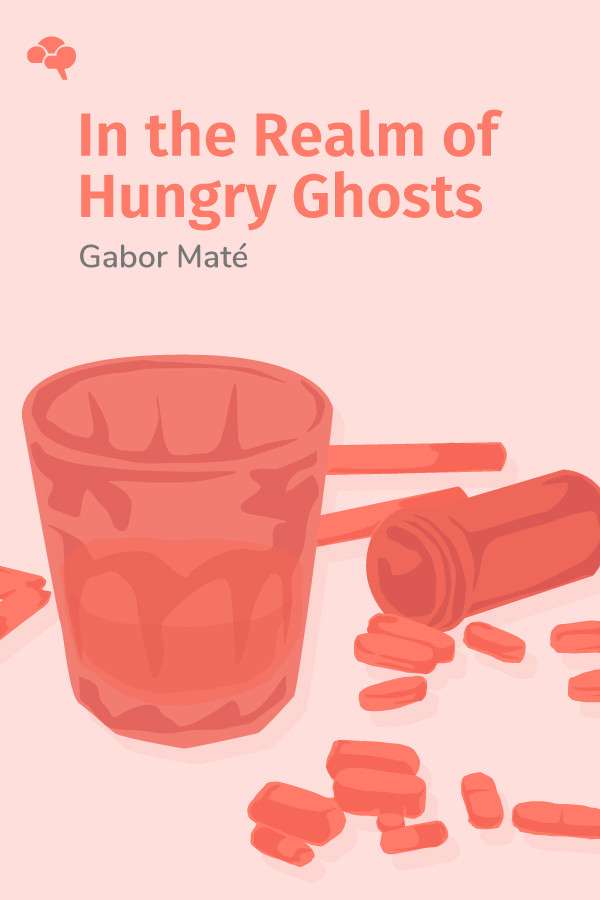Gabor Maté
Gabor Maté CM (born January 6, 1944) is a Hungarian-Canadian psychologist, physician and author. He has a background in family practice and a special interest in childhood development and trauma, and in their potential lifelong impacts on physical and mental health, including on autoimmune disease, cancer, attention deficit hyperactivity disorder (ADHD), addictions, and a wide range of other conditions.
Maté's approach to addiction focuses on the trauma his patients have suffered and looks to address this in their recovery. In his book In the Realm of Hungry Ghosts: Close Encounters with Addiction, Maté discusses the types of trauma suffered by persons with substance use disorders and how this affects their decision making in later life.
He believes in the connection between mind and body health. He has authored four books exploring topics including ADHD, stress, developmental psychology, and addiction. He is a regular columnist for the Vancouver Sun and The Globe and Mail.
In the Realm of Hungry Ghosts: Close Encounters with Addiction
In the Buddhist mandala, there are six realms of life, each characterizing a different aspect of human experience. “The realm of hungry ghosts” is a state of being in which we pursue external things in hopes that they will satisfy our deep inner longings. In the artwork, these hungry ghosts are depicted as scrawny, malnourished people with thin necks, frail bodies, and hunger-bloated bellies. This is the realm of addiction, where substances, objects, and activities are compulsively pursued to hide an ache.
As Hungarian-Canadian psychiatrist and researcher Gabor Maté puts things in his award-winning book, addiction is a state in which “we haunt our lives without being fully present.” Maté’s own passion and expertise in the addiction field come from decades spent serving the forgotten down-and-outs of Vancouver’s Downtown Eastside—essentially a Canadian version of Skid Row. It’s the side of town filled almost exclusively with hungry ghosts, and he advocates passionately for an intuitive, but unconventional approach to treating them. Maté stresses, however, that addictions take many forms, some that hit uncomfortably close to home.
Bio information sourced from Wikipedia

